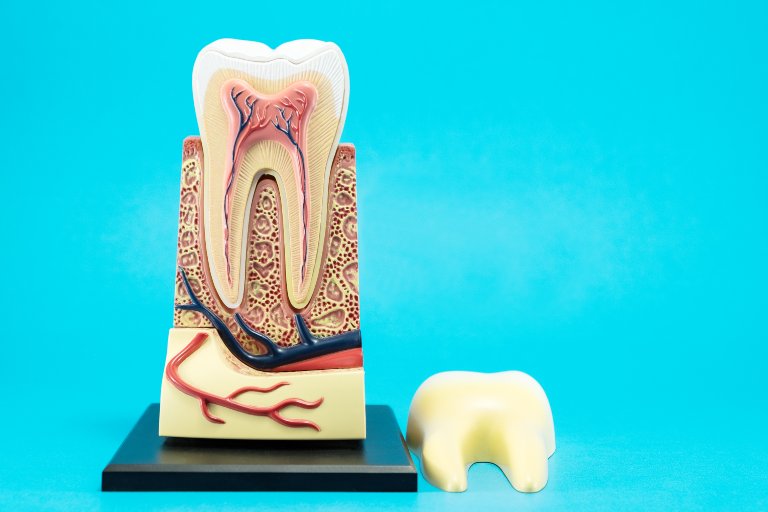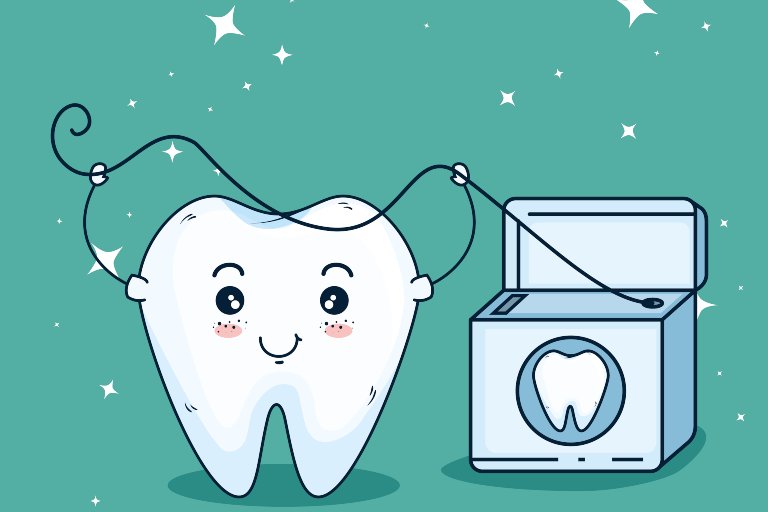The first thing most people think about when they hear the term “dental health” is their teeth; keeping them clean and plaque-free, avoiding cavities, etc. But a major part of having good dental hygiene is taking good care of your gums. The well-being of your gums affects your overall health as well as the health of your teeth.
There are a whole lot of cases where bleeding or swollen gums reveal a gum disease, but gum problems could also mean that there are several other issues that need attention. There are several reasons why you might be suffering from bleeding or swollen gums which we’ll be taking a look at later in this article.
Once you pinpoint what’s been causing your gum problems, you’ll be able to move forward with finding out what you can to do stop it and bring your gums back to good health. Taking good care of your gums will help you avoid having to deal with problems like these in the future. Preemptive measures through maintenance and healthy decisions are always the better wiser choice when it comes to your health.

The number one best way to improve the health of your gums is to maintain proper dental hygiene through brushing, flossing and the use of mouth wash. Brushing twice a day, flossing once, and using mouth wash at least 3 to 4 times a week should do the trick.
There are several other home remedies you can use to improve your gum’s health. One of these is brushing your gums with a saltwater solution. Adding hydrogen peroxide and baking soda to the mix can aid in cleaning the area and destroying bacteria.
Another home remedy is oil pulling, which involves swishing oil around in your mouth for a couple of minutes, anywhere between 1 and 20. Several studies show that the gums may benefit from this practice. This might be more pleasant if done with edible oils, like olive, sesame, sunflower, or coconut oil. It’s a good idea to consult your dentist before trying this one.
Getting a lot of calcium is another way to boost the health of your gums. Milk is one of the best sources of calcium, as well as many other dairy products like yogurt and cheese. Celery and carrots are also great for your gums, not only because they make a delicious and crunchy snack, but because that crush factor helps scrape the plaque from your teeth. Chewing also generates more saliva in your mouth, and this helps wash leftover food debris away which would end up causing damage if left lying around.
Rinsing your mouth out with herbs and oils has been said to help deal with inflammation in the mouth as well. Using herbal extracts like Echinacea as well as herbs like red thyme, peppermint, cinnamon bark and Eucalyptus along with lavender oils has not only been used to deal with inflammation but to decrease plaque as well.

Although you can try and deal with your gum health and try to stop gum bleeding on your own, it’s always better to go visit a dental professional. With a visit to the dentist, you’ll be able to get all the answers as to what exactly is going on and what needs to be done to stop it. You can also get useful information on what not to do to keep the situation from worsening. Not only this, your dentist will likely be able to fix the problem for you and set you back on the path to healthy gums.
So if your gums are red and swollen, sensitive to pressure or extreme temperatures, if your teeth and gums seem to be separating from each other, if you suffer from frequent bad breath, or if you’re losing teeth as an adult, these are all excellent reasons to go visit your dentist and get their advice and help.

